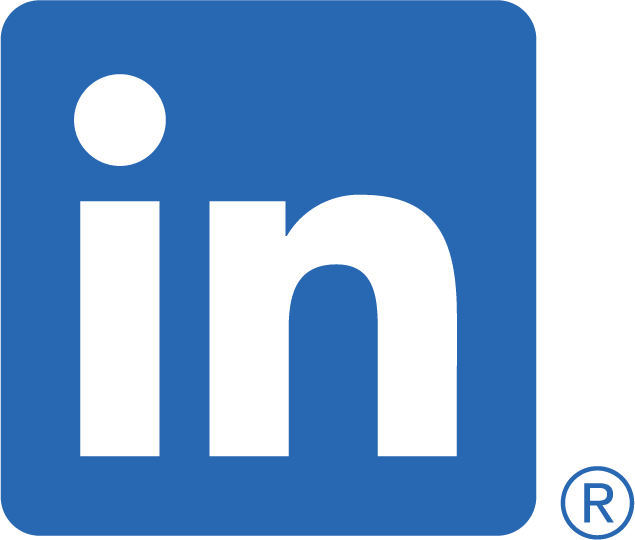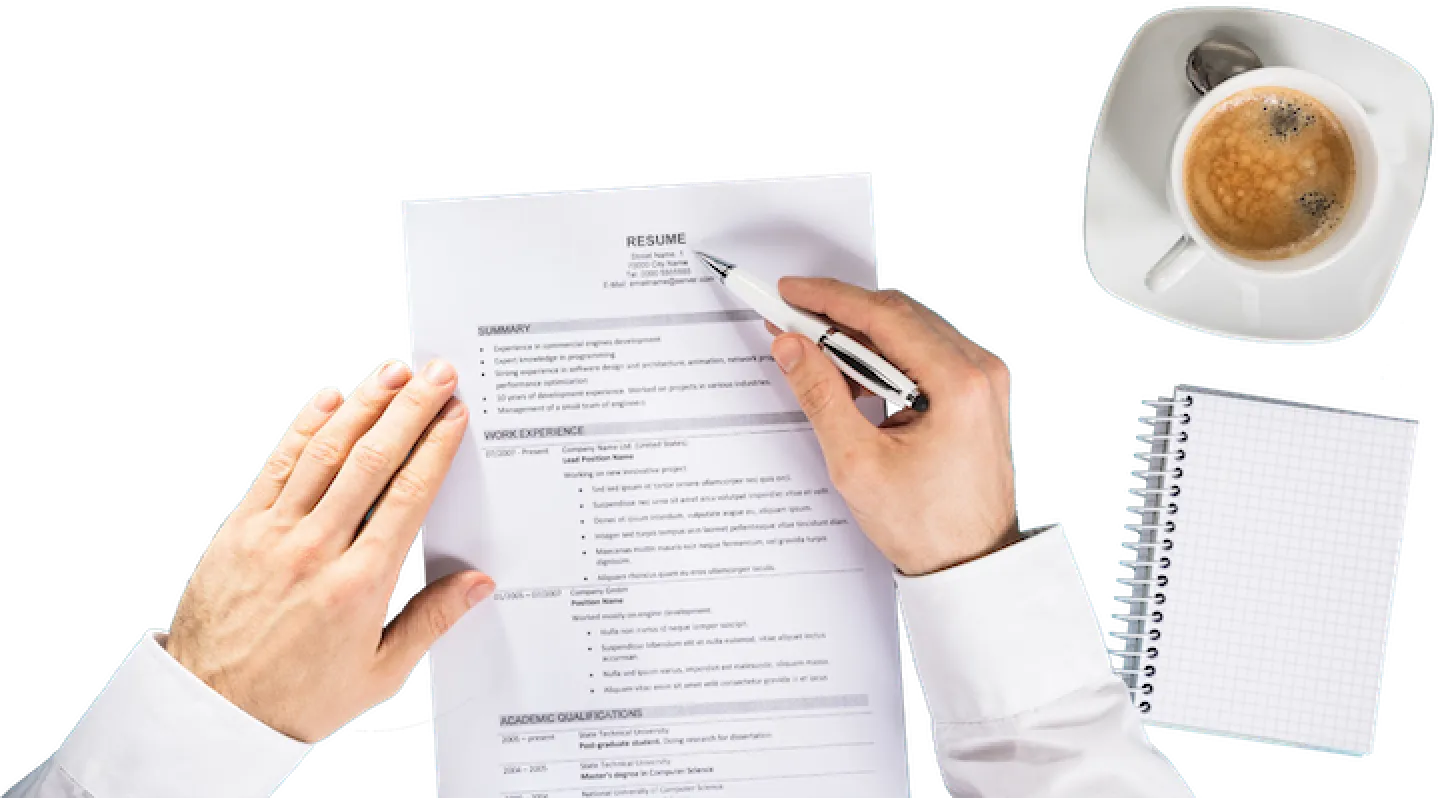Strategies for Resolving Differences Amicably
🕊️ Understanding the Situation
 Differences and disagreements, big or small, are an inevitable part of working within a team. It's pretty routine to have your carefully crafted marketing strategy disputed by a colleague from sales, or to butt heads with someone from accounting over budgetary constraints. 📈
Differences and disagreements, big or small, are an inevitable part of working within a team. It's pretty routine to have your carefully crafted marketing strategy disputed by a colleague from sales, or to butt heads with someone from accounting over budgetary constraints. 📈
The first action item is understanding the issue at hand. Instead of letting emotions dictate your reaction, try to step back and objectively assess the situation. What is the disagreement really about? Is it a clash of personalities or a fundamental disagreement about a work-related issue?

🧩 Acknowledging Different Perspectives
Once you've identified the crux of the matter, remember that everyone brings their own unique set of experiences, skills, and viewpoints to the table. The colleague who vehemently opposes your progressive risk-taking plan might just be approaching the same problem from a different angle. Allow yourself to see the situation from their perspective while also explaining your own viewpoint. This mutual respect can go a long way in deescalating tension and fostering an environment of collaboration. 🌐
For instance, think of a scenario where your project manager insists on sticking to a rigid timeline, while you advocate for flexibility to accommodate unexpected hurdles. To them, it might seem like you're unwilling to commit, while you see it as a practical approach. Spending time to understand each other's perspective can bridge this gap and create a more effective project roadmap.
💬 Effective Communication
When tensions are high, it's easy to let emotions take over. However, to resolve differences amicably, it's crucial to engage in clear, respectful communication. Always express your thoughts and feelings in a non-confrontational way, focusing on the issue rather than attacking the person.
Here are two action items: First, practice active listening. When your colleague is speaking, really listen to what they're saying instead of just waiting for your turn to respond. Secondly, use 'I' statements like, "I feel concerned that if we don't have a flexible timeline, we might miss important milestones," instead of accusatory 'you' statements. 🗣️
🤝 Finding Common Ground
It's important to remember that at the end of the day, you and your colleagues are working towards the same goal: the success of your organization. Identifying shared objectives within disagreement can help in finding common ground and reaching a compromise.
For example, if you and a coworker have differing opinions regarding a client's project, find a mutual aim that you both agree on, like client satisfaction. This can serve as a starting point for negotiations and open up possibilities for compromise. 🎯
Conflict can feel overwhelming, but it also presents an opportunity for growth and innovation. By applying these strategies, not only can you navigate differences more effectively, but you can also build stronger, more resilient relationships with your colleagues. By facing and resolving disagreements amicably, you showcase your leadership, negotiation, and problem-solving skills - attributes that will boost your career trajectory. 🚀





